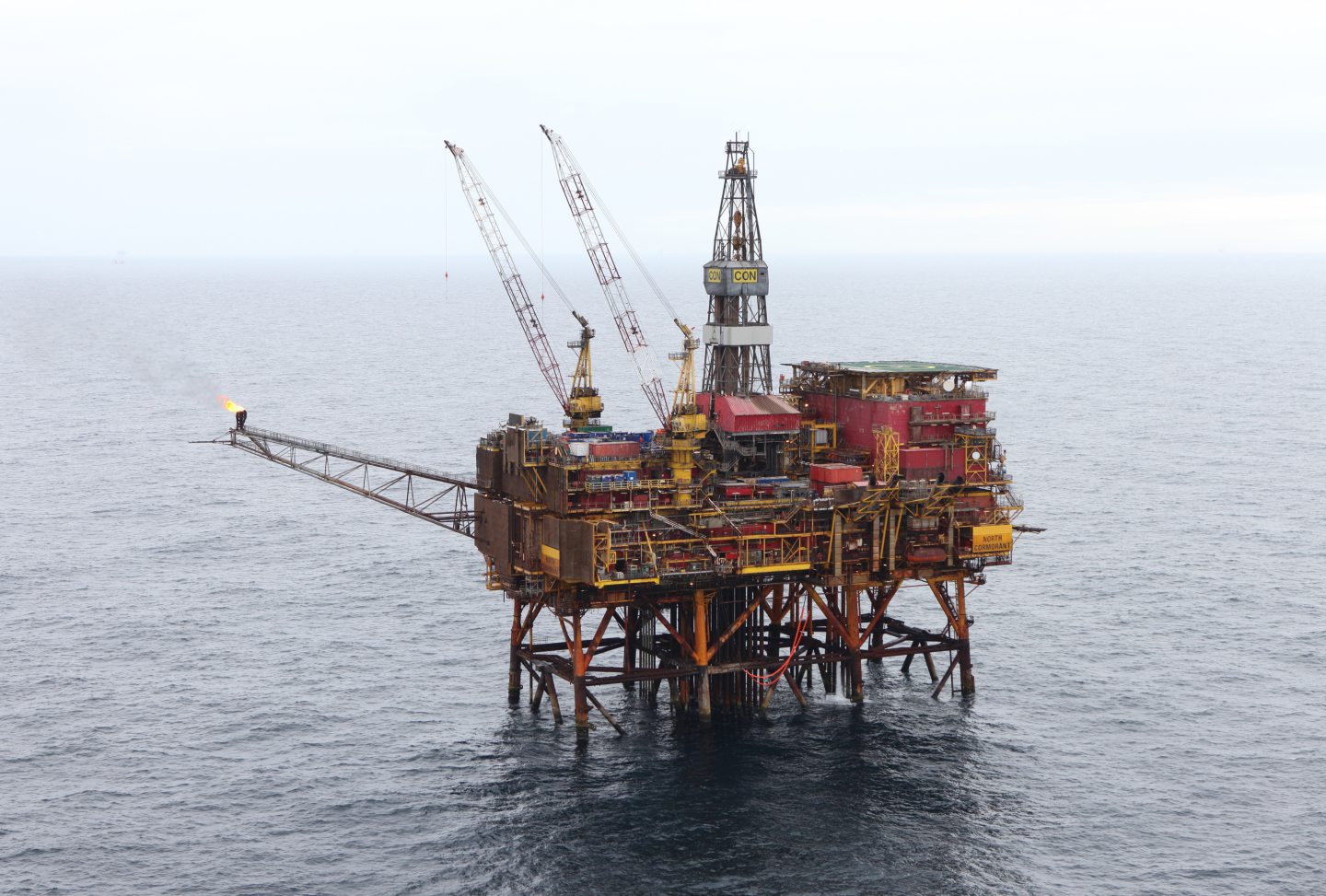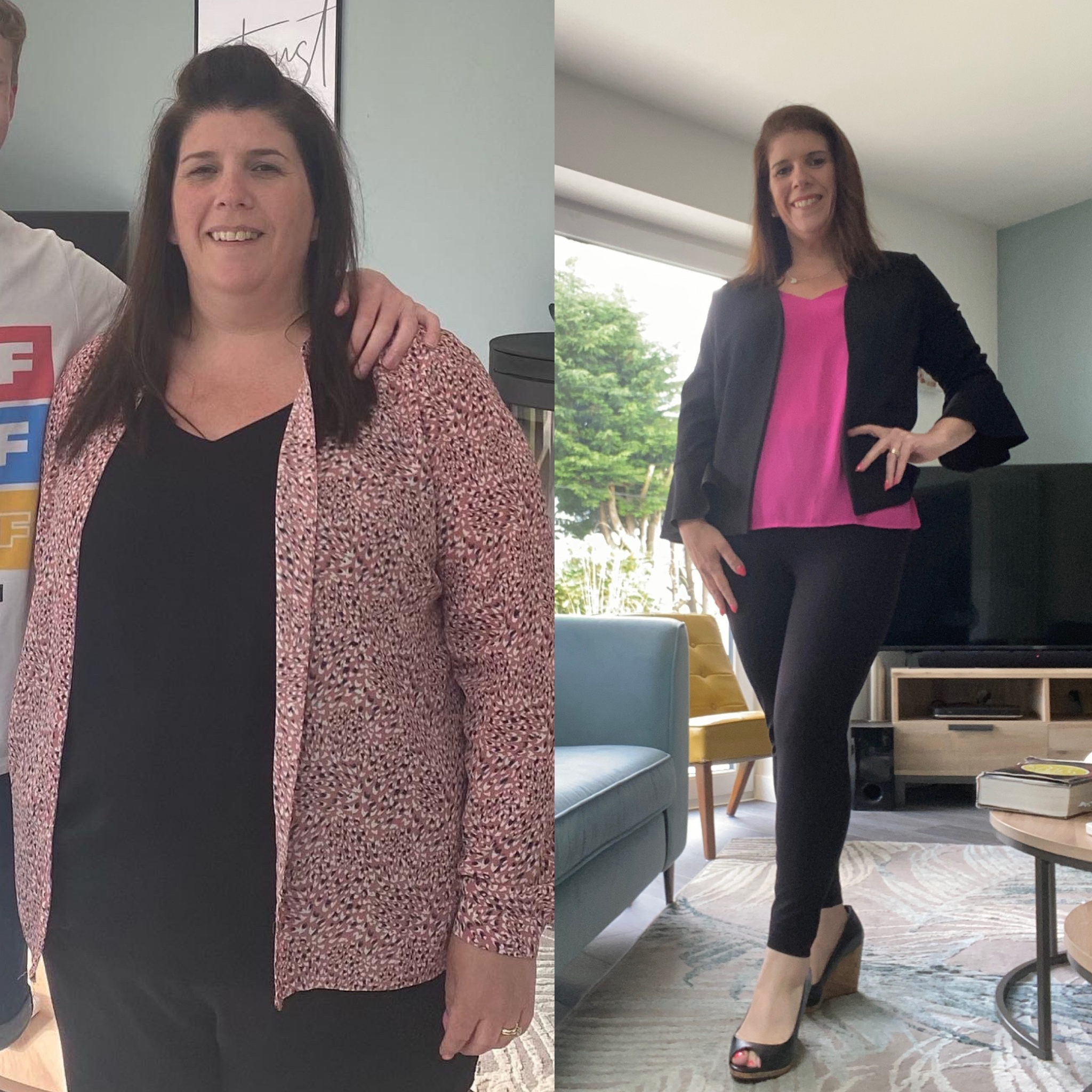
A pair of North Sea oil and gas professionals who have shed pounds as part of health journeys have highlighted the risks of weight gain for the industry workforce.
The increasing size of UK offshore workers is being put under review for the first time in a decade, with the increased average weight having knock-on implications for items including lifeboat capacities and medical stretchers in emergencies.
Both based in the Aberdeen area, rig auditor Pamela Esslemont has recently lost more than lost six stone (38.5kg), and safety professional Steve Harris has lost 30kg since launching his Integrity HSE business in March.
Ms Esslemont and Mr Harris highlighted the role of mental health in their efforts, and warned that body mass index (BMI) is a “broad brush” metric compared to other means like cardiology and exercise testing to gauge workforce health.
“There are two responsibilities here: the first is from the employer to employee to facilitate a healthy working environment,” said Mr Harris.
“That is important. I can tell you that a plate full of bacon rolls at break time on an oil rig is a hard thing to resist
“But the second lands squarely with the person, we all have a responsibility to ourselves, our family, and our loved ones to live the best life we can and show them a great example. With that in mind, stop delaying what you know needs to be done.”
‘Invisible cost’ of North Sea weight gain
According to data from TAC Healthcare, the average weight of offshore workers has also increased from 75kg in 1975 to 99kg in 2023.
An incident last year raised concern over capacity for Taqa lifeboats in the North Sea – with half of workers weighing 98kg-142kg during the November inspection, up from the average weight of 98kg during the last capacity review back in 2011.
Some workers are becoming larger through a focus on muscular fitness, but industry professionals have warned that lifestyle changes around diet and exercise remain major issues to overcome for the industry.
Mr Harris embarked on his journey in March, saying “how could I lead a company called Integrity HSE, which has a sole mission of making the world a safer and healthier place, without first having control of my own health”.
He’s half-way through his journey, which he expects to complete in mid-2024. He highlighted how he’s seen mental health improvements and “getting old clothes out of the wardrobe has been the most satisfying experience”.
Mr Harris also highlighted the important business incentives for companies to help employees maintain an active lifestyle.
According to HSE, 36.8m working days are lost UK-wide each year due to work-related illness and workplace injury – accounting for £18.8bn.
“The moral, legal, and economic reasoning is clear to see,” said Mr Harris.
“Onshore staff absence is a huge invisible cost to the business as a whole; and offshore evacuations are incredibly expensive and drive a risk profile with a direct bearing on the management of major accident hazards.”
‘I was mortified’
Aside from her role with Diamond Offshore, Ms Esslemont has now also become a consultant for others seeking to tackle weight-related issues.
Working offshore since 2007, she took a break from 2012-2018 to raise her three children.
“When I returned offshore my weight had increased from 126lb to around 196lb. I was mortified at having to hand back the extra small suit they gave me at the helicopter check in swapping it for a size large,” she said.
“When I went for my offshore medical pre-covid in 2018 I was told by the nurse my BMI was borderline (around 38) for travelling offshore (the limit being 40). I laughed it off and said I wasn’t overweight that I was under tall but deep down I was mortified and vowed to her and myself that I would lose weight.”
Like Mr Harris, Ms Esslemont said her weight increased during the Covid pandemic: “During lockdown with no work and no income I piled on more weight comfort eating like so many others. When I returned to work and my medical in 2021 I was 237lb and was told by the Doctor that my BMI was over the limit at 42 but I got dispensation to travel offshore as I wasn’t on a fixed rota and again I said I would lose weight.
“By this point I didn’t really care, life had gotten me down and I was just surviving really and glad to have found work again.”
Since losing more than six stone via the “One2one diet”, Ms Esslemont said she feels happier and healthier, and has seen symptoms like reflux, joint pain and palpitations dissipate.
She highlighted that weight gain is a UK societal issue, not unique to offshore, and no one method will work for others.
However, protecting mental health is a key tool to improve lifestyles for the industry.
“There is a mental health issue around being overweight as I personally knew all the advice and that calories in versus calories used was my problem but I had an emotional/ stress related attachment to food that led to me piling on weight on top of weight. We need to get to the root cause of the problem and deal with it.
“A plan should be in place but as I mentioned above no one method will work for everyone and what worked for me may not work for others. It starts with wanting to change and accepting that change will ultimately lead to a better, more positive life.”
READ MORE:
‘It’s overdue’: Industry to review offshore worker sizes amid lifeboat concern
“Chips once a week”: Offshore industry grapples with health and safety risk of weight gain
Recommended for you


 © Supplied by TAQA
© Supplied by TAQA